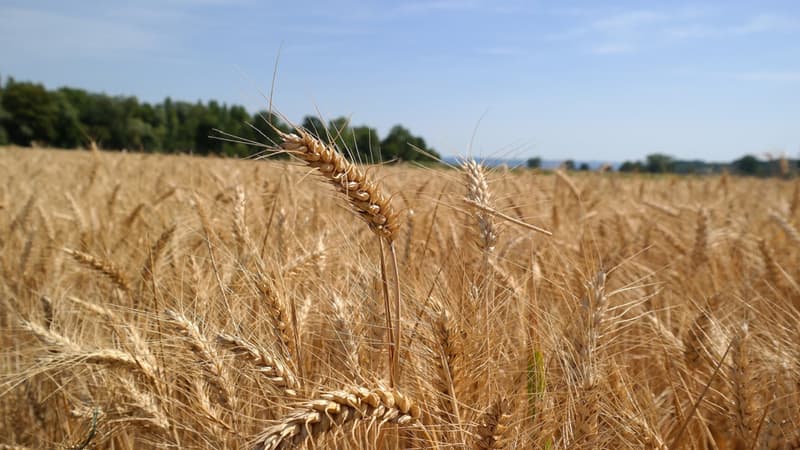The European Commission announced on Monday that it wanted to tap into a crisis reserve to support farmers in Poland, Romania and Bulgaria, destabilized by the influx of Ukrainian farm imports following the EU’s lifting of customs tariffs following the invasion of the country. by Russia
This aid of 56.3 million euros, financed from the reserve of the Common Agricultural Policy (CAP), aims to compensate “the economic losses due to the increase in imports of cereals and oilseeds “from Ukraine” and limit the impact of market imbalances,” said the EU executive.
Brussels proposes allocating 29.5 million euros to Poland, 16.75 million to Bulgaria and 10.05 million to Romania, and also authorizes these three countries to double these amounts through state aid, the commissioner for Agriculture, Janusz Wojciechowski. The proposal is presented to the 27 member states, which should decide at a technical meeting on March 30, according to Brussels, which expects the first payments by the end of September.
Suspension of customs duties
Last May, the EU suspended customs duties on all products imported from Ukraine for a year, to support the economy of the country attacked by Russia and, in the agricultural field, to allow it to export its grain stocks after the closure of the Black Sea. route. But as a result, neighboring EU states have seen a spike in arrivals of maize, wheat and even sunflower seeds, destabilizing local markets to the detriment of their farmers, Janusz Wojciechowski observed.
Poland and Bulgaria suffer a significant “excess supply” that weighs on prices, while Romania, “hub of +solidarity brokers+” to export Ukrainian production to the rest of the world, suffers pressure on its logistics structures, he explained. . On the other hand, Hungary and Slovakia were not considered sufficiently affected to benefit from the same support.
As for the trade measures in favor of Ukraine and their possible extension, “it will be easier to activate a security clause” to stop certain imports if they “increase disproportionately,” added Janusz Wojciechowski. “We will continue to closely monitor the effect on poultry, meat, eggs, as well as cereals,” he noted.
The war in Ukraine has also contributed to the skyrocketing prices of fertilizers and fuels. But the aid announced this Monday is not intended to offset this cost inflation for the operators, in the face of which possibilities of significant state aid are already foreseen, the commissioner has insisted.
Source: BFM TV


